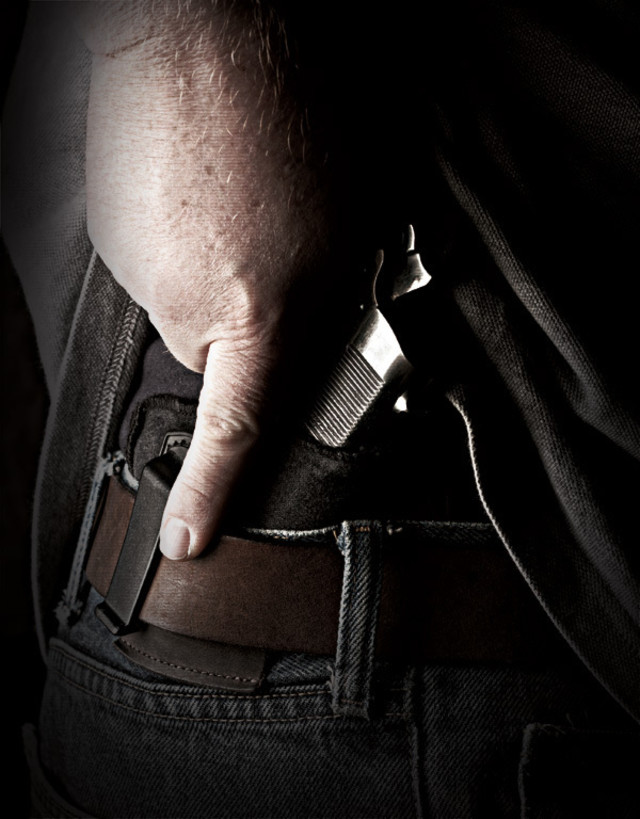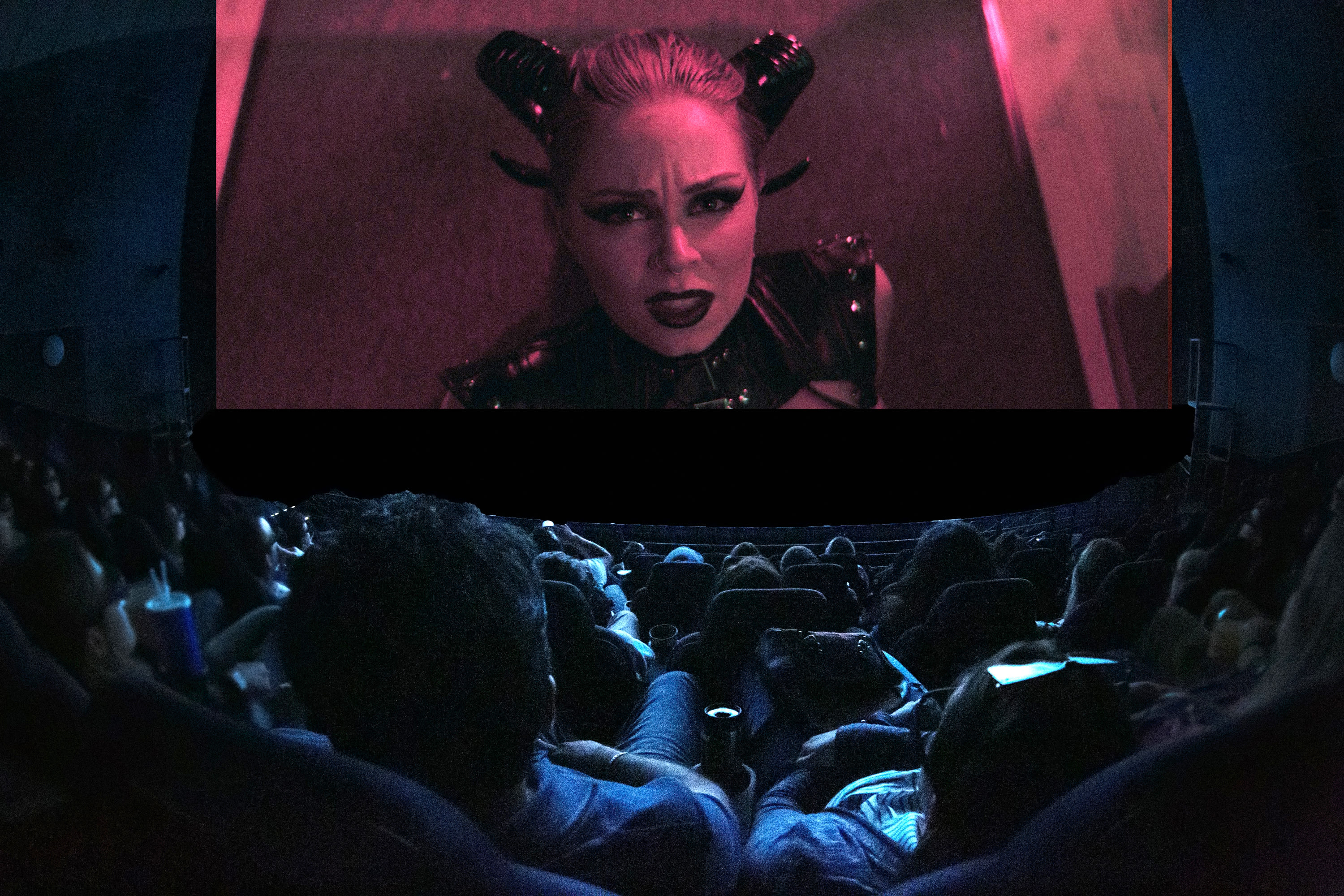The Trayvon Martin Case Slows Down Washington Gun Legislation

Image: Ron Bailey/istock
On an October morning, Westlake Center teemed with pedestrians. Volunteers for chronic presidential candidate Lyndon LaRouche solicited donations. Saturday shoppers moved as if on a conveyer belt between Macy’s across the street and Nordstrom two blocks east.
Daniel Culotti, 25, threaded through the crowd in a yellow shirt. He had passed the morning shouting threats at people along Pike Street, according to The Seattle Times, his brain scrambled by schizophrenia. Four years earlier he soaked his mother’s home with gasoline and set it on fire, a crime for which he pleaded guilty and served nine months in prison.
Now Culotti, for reasons known only to him, singled out one person on the plaza, a balding middle-aged man in a leather jacket. He punched and kicked the man and told him, “I am going to kill you.” Culotti had knocked his victim to the ground when witnesses heard a single gunshot.
Culotti crumpled to the pavement. The man in the leather jacket stood up, Culotti’s blood pooling around him.
The man, it was later revealed, possessed a concealed-weapons permit. As he struggled on the sidewalk, he had pulled out a .357-caliber revolver and aimed for Culotti’s abdomen.
Culotti died from the wound. The police never named the killer or charged him with a crime. “It could be justifiable homicide,” a police spokesman told the Times, seemingly unsure what is or is not justifiable homicide.
That was 2006. And six years later Washington State has yet to fully define its self-defense laws.
Not for lack of trying.
In January 2011, a year before unarmed teenager Trayvon Martin was shot and killed in Florida, Washington state senator Randi Becker, along with six fellow Republicans and one Democrat, submitted Senate Bill 5418, designed to make Washington, like Florida, a Stand Your Ground state. (Though widely reported in the aftermath of the Florida shooting that Washington is already such a state, local advocates on both sides agree that those reports were inaccurate.) SB 5418 asserts that homicide is justified when a person believes his or her life (or that of another innocent person) is in danger and, more pointedly, “A person does not have a duty to retreat,” from an attack if he or she is “in a place where he or she has a right to be.”
The no-retreat clause is key; most self-defense laws oblige armed citizens to back down from their attackers before firing. And it’s the meat in Florida’s controversial statute, passed in 2005, which kept Martin’s killer, George Zimmerman, from being arrested for several weeks. And it’s why Ralph Fascitelli, board president of Washington Cease Fire, says that Zimmerman, despite eventually being charged with second-degree murder, will probably not see prison time.
“Stand Your Ground is a problem because it leaves everything up to the word of the survivor,” explains Fascitelli. “The deceased can’t testify.” But, he says, the Trayvon Martin case has had two positive effects for gun-control advocates. It has stalled progress on federal reciprocity legislation, where concealed-weapon permits from a state like, say, Arizona would have to be accepted in every other state, including Washington. “A reciprocity bill was sailing through the U.S. Senate before California’s Dianne Feinstein said”—in light of the Martin slaying—“‘Wait a minute!’”
Second, the case means that, for the moment anyway, other states are less likely to adopt Stand Your Ground laws. That seems to be the fate of Washington’s SB 5418. The bill pinged around Olympia for over a year, but once the Martin case hit national headlines, progress came to a halt. More telling, the bill’s sponsors—four of whom are up for reelection in November—seem to have run for cover. Approached for comment, the backers’ reactions ranged from not returning multiple phone calls and emails to senatorial aides hanging up midconversation.
Actually, one state senator talked: Tim Sheldon, the sole Democrat to support the bill, whom Fascitelli referred to as a “DINO,” a Democrat in name only. Reached on his cellphone, Sheldon said, “Fifty-four eighteen? I don’t remember what that one was about.”




